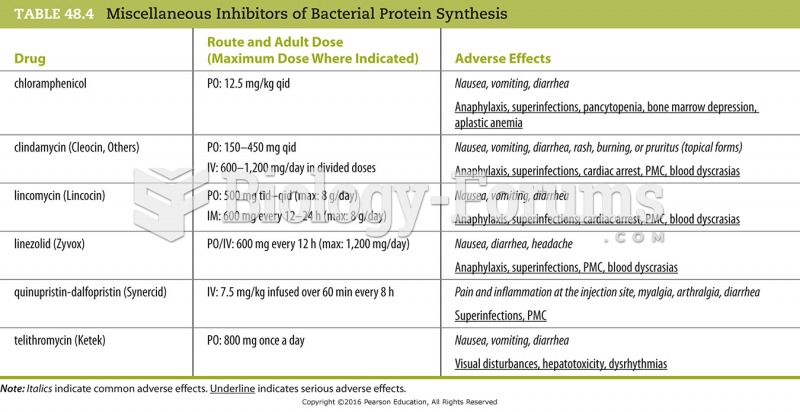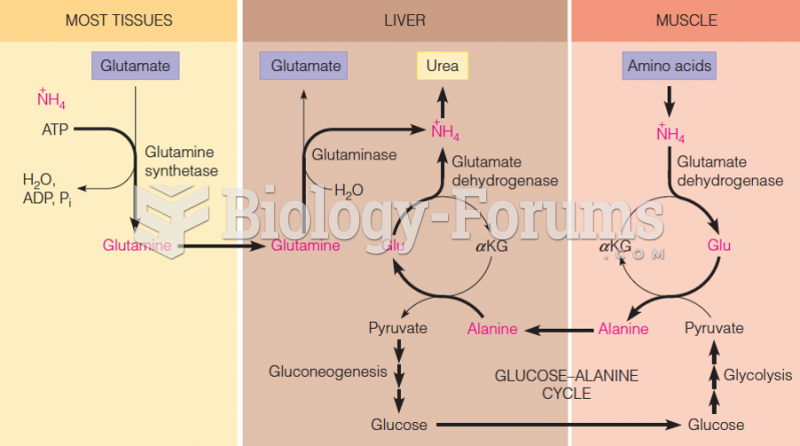Answer to Question 1
Correct Answer: 4
Rationale 1: This does not describe the synthesis stage.
Rationale 2: This describes the final stage.
Rationale 3: This describes the second stage.
Rationale 4: This accurately describes the synthesis stage.
Global Rationale: The third stage is synthesis of viral nucleic acid and proteins by the host cell. Immediately after penetration, a few viral proteins are constructed, which assist in duplication of the viral DNA or RNA. It is not the dormant stage. Penetration is the second state of replication. Viral infection is the final stage of replication and may result from the cell bursting.
Answer to Question 2
Correct Answer: 1,3,4
Rationale 1: A client with herpes-simplex virus would benefit from the administration of antiviral medications.
Rationale 2: A client with ringworm would not benefit from the administration of antiviral medication.
Rationale 3: An infant with RSV would benefit from the administration of antiviral medication.
Rationale 4: A client with hepatitis would benefit from the administration of antiviral medication.
Rationale 5: A client with MRSA would not benefit from the administration of an antiviral medication. This client would require an antibacterial medication.
Global Rationale: A client with herpes-simplex virus would benefit from the administration of antiviral medications. The inhalation form (Virazole) is approved to treat severe infections from the respiratory syncytial virus. The most effective therapies for hepatitis infections are antivirals and drugs that boost the immune system to rid the body of the virus. Ringworm and MRSA do not benefit from administration of antiviral medications.







